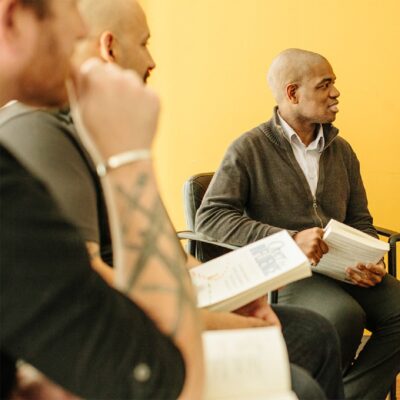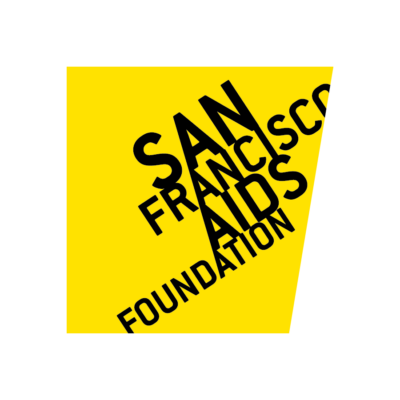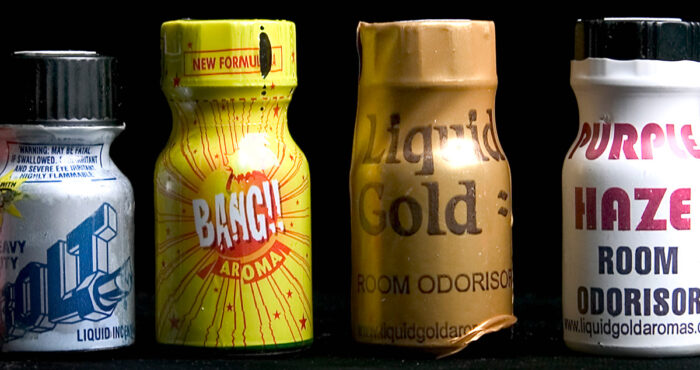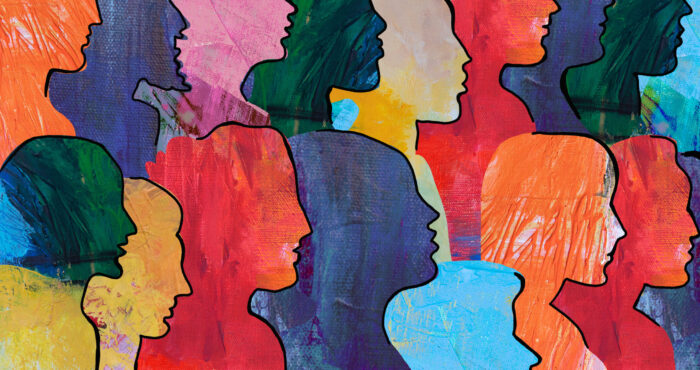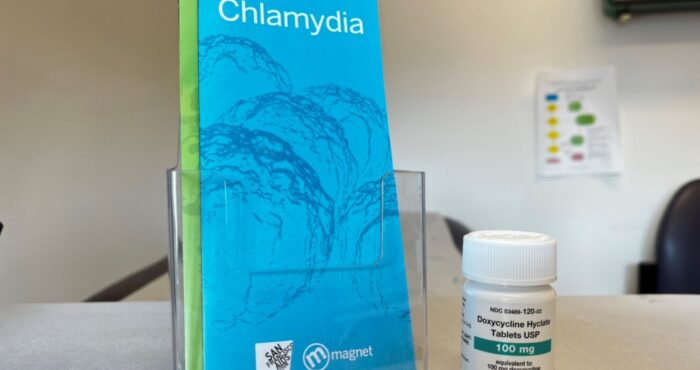“Dark, sexy, decadent, with just the right amount of sleaze”
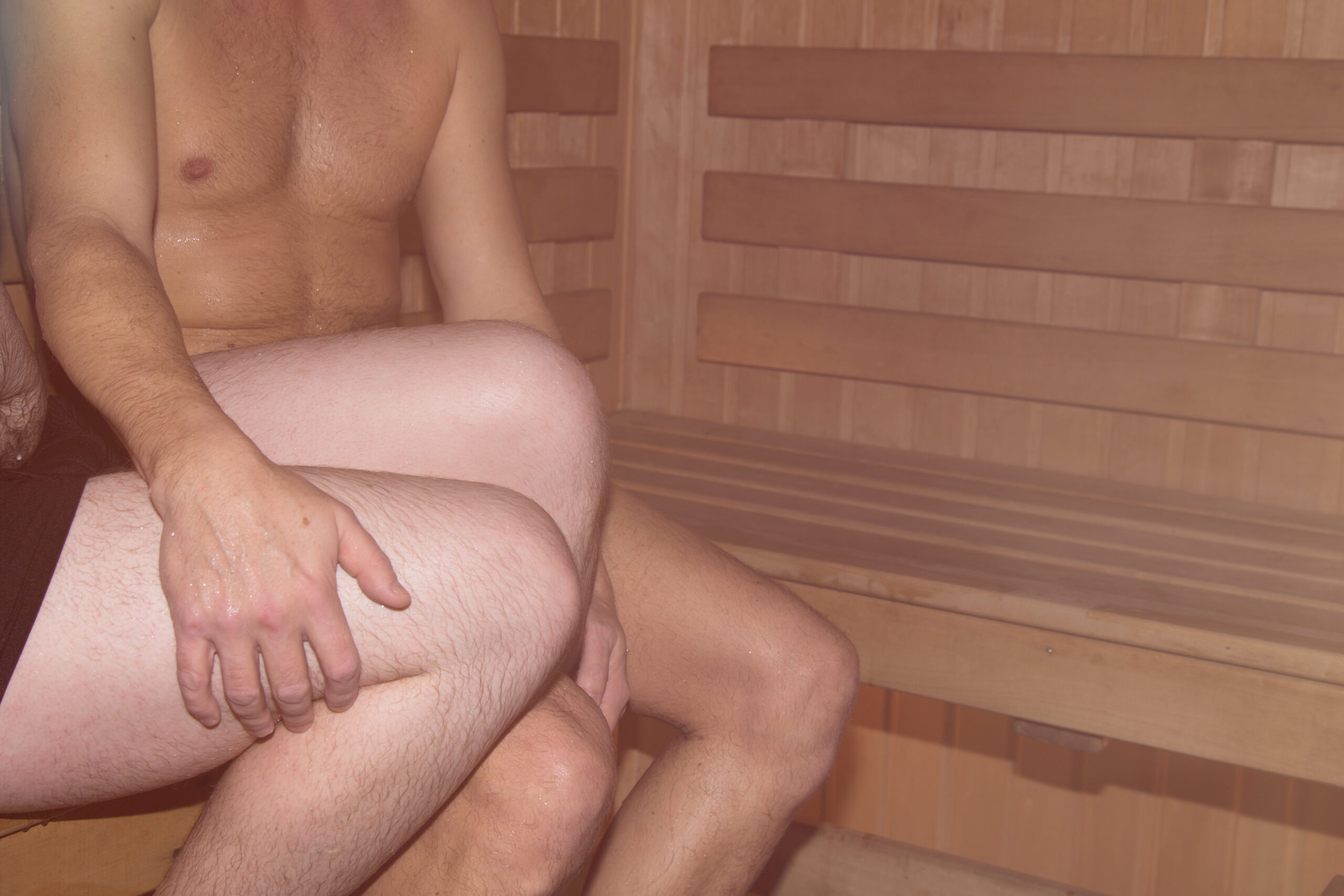
Efforts are currently underway to revise the police code in San Francisco in order to make it easier for bathhouses to open and operate. This month, Supervisor Rafael Mandelman is leading efforts to change legislation regulating bathhouses in San Francisco–much of which was implemented during the height of the HIV epidemic. (Find out how you can get involved by giving public comment on 11/14/24 – details at the end of this article.) Knowing that new legislation might open the door to new bathhouse establishments, we thought it would be interesting to hear back from our community on the issue.
We asked, you weighed in.
A total of 65 community members took our survey on bathhouses in San Francisco–to share the vibe and amenities they want, what they’ve appreciated about bathhouses in other cities, and to ask how on earth the “gayest city in the world” doesn’t measure up in terms of safe spaces for Queer sex and community.
“Bathhouses are a part of queer history in this city that I would like to see restored. It would offer queer SF residents another space to connect through, express, and enjoy their queer identities.”
The community is overwhelmingly supportive of bringing back bathhouses
“It’s time,” said one proponent succinctly.
Other survey respondents passionately extolled the many benefits that sex clubs have to Queer community, culture, and of course our sex lives.
“From what I’ve read of bathhouses in the pre-AIDS days (I’m under 30 years old), they seemed like important cultural and community institutions where queer people could find comfort, relaxation, and freedom of sexual expression, and I think things like that are really lacking in the city today. I am personally wanting a space where I can go and relax and socialize and also partake in safe and consensual sex if I so choose.”
“They feed into the City’s heritage as a formative place for the lgbtq+ community as well as certain sub-communities within, including trans folks and the leather and bdsm communities. They also provide safe spaces to practice creative sexual activities that carry additional health and safety risks when meeting strangers to engage in for, say, a first time”
Overall, 63 out of 65 respondents were strongly supportive of San Francisco opening bathhouses.
“It’s either the park or the bathhouse”
Many of our respondents pointed out an obvious benefit to bathhouses: They would give our community much-needed locations for sex. “Safe spaces” were mentioned frequently as something that’s desired and needed.
“Hello it’s either the park or bathhouses, y’all tell me what’s more safe.”
“I live south of SF and would prefer not to have to drive to Berkeley for a private fucking space outside of my home.”
One person called out their fear inviting strangers to their house for sex (and meeting people only interested in attacking/abusing gay men). Others pointed out the logistical difficulties of navigating locations for sex in shared housing situations and with roommates. A handful of folks talked about dangers associated with sex in parks or other known cruising spots–and being fearful of arrest, harassment, or violence.
“As someone who enjoys cruising and casual sex, I don’t like the threat of very real danger I have to confront and overcome when cruising. In the past I have been harassed in a cruising space where sex was not officially permitted (a spa) and feared that if I reported the harassment to staff I could end up being threatened, retaliated against, etc. We need spaces where queers can seek out sex and also feel comfortable and relaxed!!!”
The “gayest city in the world” should have a bathhouse
Many of you gave pointed remarks about how strange it is that San Francisco does not have a thriving bathhouse scene, given our history, influence, and representation in Queer culture. Here’s a sample of what folks said to that point:
Many other major queer cities around the world have bathhouses, and it’s a shame San Francisco is not one of them.
We are the gayest city and we don’t have one.
I think a city of our culture and size should have more vibrant and inclusive gay sex life than, say, Chicago or Berkeley.
There is no reason why a bathhouse shouldn’t be allowed in SF. There are bathhouses in almost every major city and SF is lacking.
Bring them back–all over the city
Not surprisingly, Castro and SoMa rose to the top of the list in terms of neighborhoods where you suggested bathhouses should be established. But nearly every other neighborhood was mentioned as well: the Mission, Richmond, Sunset, Hunters Point, Polk, Northbeach, Chinatown, Tenderloin, Marina, Potrero Hill, and others. “A safe neighborhood with ample parking,” would be appreciated, and “Everywhere!” or “Anywhere!” were also common responses.
Only one person suggested an actual physical location: “the former Pottery Barn in the Castro.” (looks like it’s currently available for lease!)
Sex-positive spaces are important to me because they provide a safe and respectful environment to explore my sexuality. These spaces foster a culture of consent, openness, and acceptance, which encourages self-discovery without fear of judgment or harm. They allow people to connect with others who share similar values around sexual health, expression, and safety. In such environments, I can engage in healthy exploration, deepen my understanding of myself, and cultivate confidence in a way that is both affirming and secure.
“I met my husband at a bathhouse”
Many of our survey respondents talked about the importance of gay and Queer gathering spaces–and of having places like bathhouses to establish and build community. “Meeting people,” “networking,” “male bonding,” “connection,” “friendship,” and “culture” were terms you shared to describe what you were looking for from bathhouses.
“We need more gay-inclusive places that are not bars,” said one respondent.
Others observed that specific nights devoted to segments of the community would be important (e.g., “trans nights”), as would community-focused features such as places to eat, relax, and socialize.
“SF has something many cities lack, which is community. Events, parties, theme nights, nights centered around certain kinks or communities, would draw me to the bathhouse.”
“Ideally trans people would be welcomed and have inclusive programming for a themed night for example or signage indicating who is welcome in the space.”
“I’d like to see more inclusive spaces specifically designed for people of color, where cultural understanding and community can flourish in an affirming environment. These spaces are essential for creating a sense of belonging and safety, particularly in areas where representation can be limited.”
The value of bathhouses in creating community were validated by the sheer number of respondents who shared that they have made life-long friends and connections at bathhouses. Two respondents said they met their husbands at a bathhouse; others shared that they have met boyfriends, partners, and long-time lovers at bathhouses.
I cruised a guy at a spa once in LA, and after we followed each other on social media and have since become good friends! We have so much in common and I consider him to be an important part of my queer mutual support network. I’m very grateful that we were both horny and in that spa at the same time 🙂
I met a good friend at a bathhouse. We had sex and figured out we had the same profession and lived in the same area. Now we’re good friends that don’t have sex but we laugh about how we met.
My first bath house I went to in Texas I was so scared. A gentle daddy took me under his wing and hung out with me and let me call the shots for the time there together. He is still my friend to this day and that was 10 years ago.
Should bathhouses work with public health?
We asked survey respondents for how involved they think bathhouses should be in improving public health (noting that during the height of the AIDS epidemic, city legislation required bathhouses to do things like monitor sexual activity and prohibit locked doors. Our survey respondents were mostly supportive of bathhouses actively working with public health to improve sexual health.
- 5% said that bathhouses should have no responsibility to improve sexual health (“Let customers take care of their own health!”)
- 33% said that bathhouses should pass along safer sex information and resources like condoms & lube.
- 56% said that bathhouses should actively work with public health organizations to prevent the spread of HIV, hepatitis C, STIs, and work on other issues such as overdose and substance use.
- 7% indicated that bathhouses should create spaces for community-building and connection.
A few folks weighed in with other ideas: bathhouses could offer PrEP “packets” for people who don’t have a prescription, or could offer other sexual health services such as Doxy PEP or STI testing on site.




